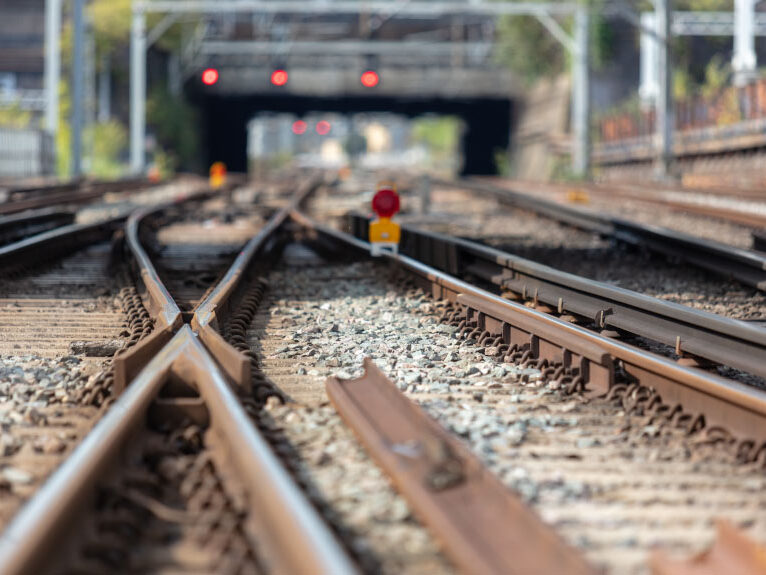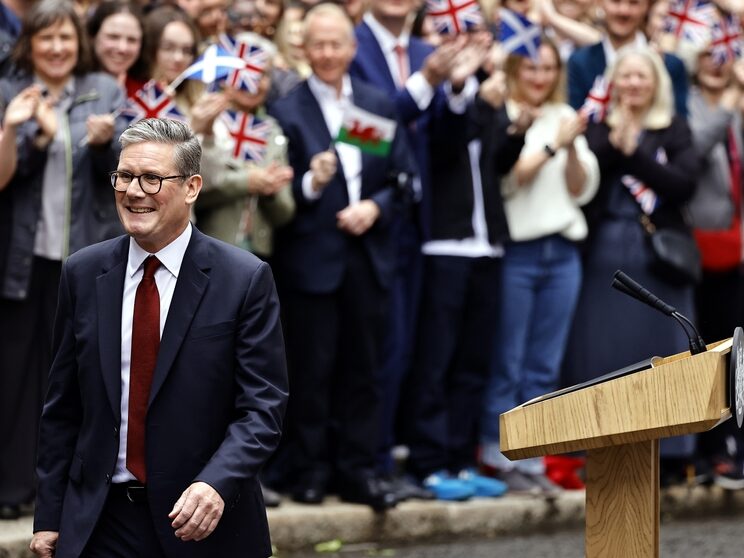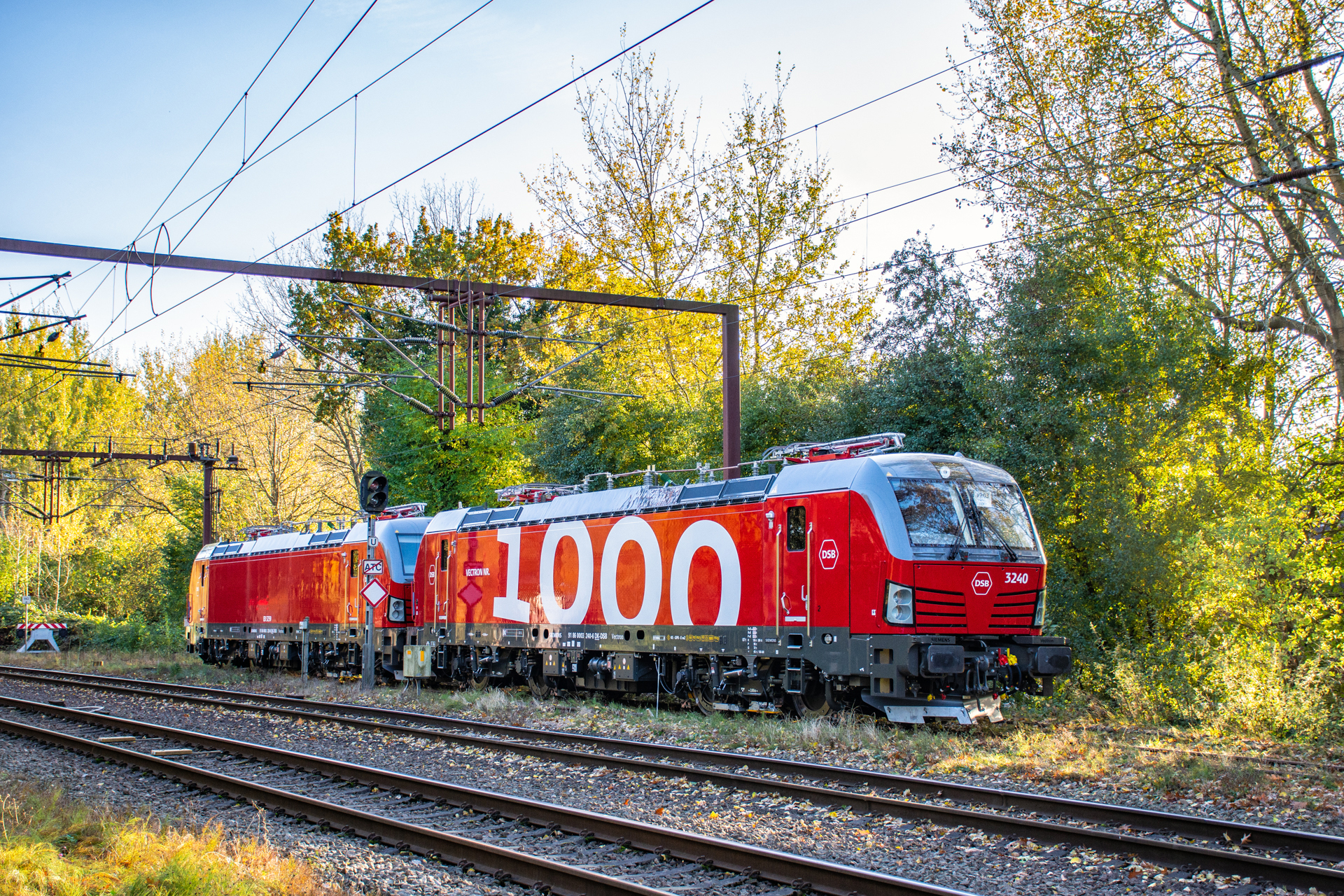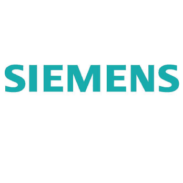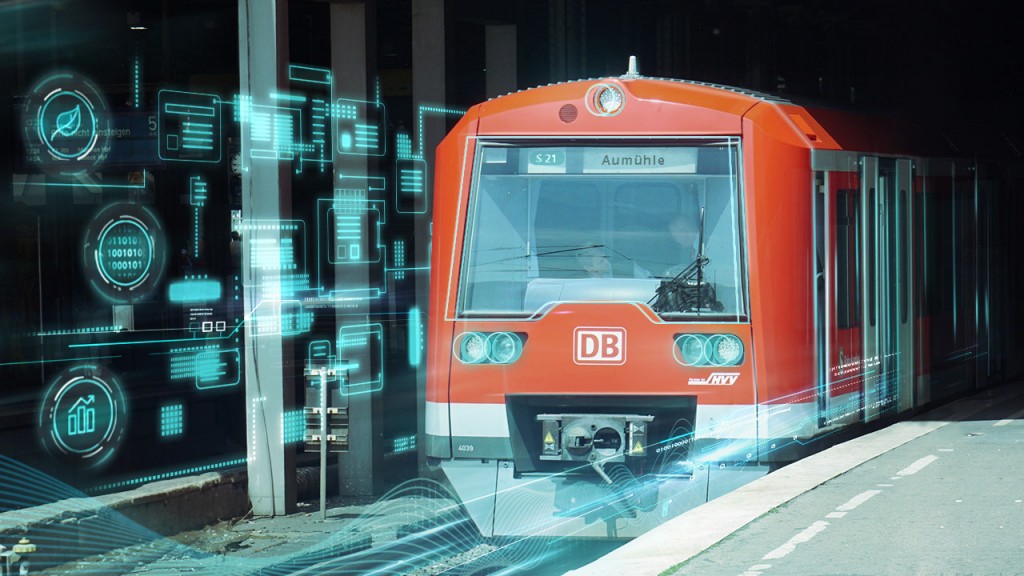Germany is lagging behind the rest of Europe when it comes to rail network electrification.
This is according to non-profit transport alliance Allianz pro Schiene, which has noted that at 61% electrification, Germany is significantly behind other European countries such as Switzerland, Belgium, the Netherlands and Sweden, which have achieved between 70–100%.
In addition, the non-profit noted that progression of electrification work in Germany is slower than the European Union (EU) average.
Allianz pro Schiene’s figures show that Germany increased the proportion of tracks with power lines by just 2 percentage points between 2009 to 2019, while the EU average was 4 percentage points.
The non-profit points out that the next federal government must speed up its rate of rail network electrification if Germany wishes to be a leader in e-mobility.
Dirk Flege, Managing Director of Allianz pro Schiene, said:Other countries are relying fully on climate-friendly e-mobility in rail transport. Germany hesitates and hesitates.
The future federal government must finally move from talk to action. In their exploratory paper, the SPD, Greens and FDP promised more speed in infrastructure investments. When building new overhead lines over Germany's tracks, they have to show that they are taking this seriously.
Earlier this week, Flege highlighted the need for to simplify planning law in order for Germany to speed up track network electrification.
He noted that legislature must make it clear that equipping existing rail lines with power lines is not a new construction and therefore does not require a full plan approval procedure.
In addition, he says the next coalition must stick to the old federal government’s goal of increasing the level of electrification to 70% by 2025.
Dirk Flege, Managing Director of Allianz pro Schiene, said:Despite the snail's pace in recent years, this is still possible with the necessary political will. For 2030, the coalition should also set a new target of 75%. For the remaining routes without overhead lines, a program to promote hydrogen and battery trains could shorten the path to completely CO2-free rail transport.
Saying goodbye to diesel is easier, faster and with less effort on the rails than on the road. In addition, more electrification will make the rail network more efficient and flexible. If you want to promote climate protection quickly, there is no way around the consistent expansion of e-mobility by rail.

















